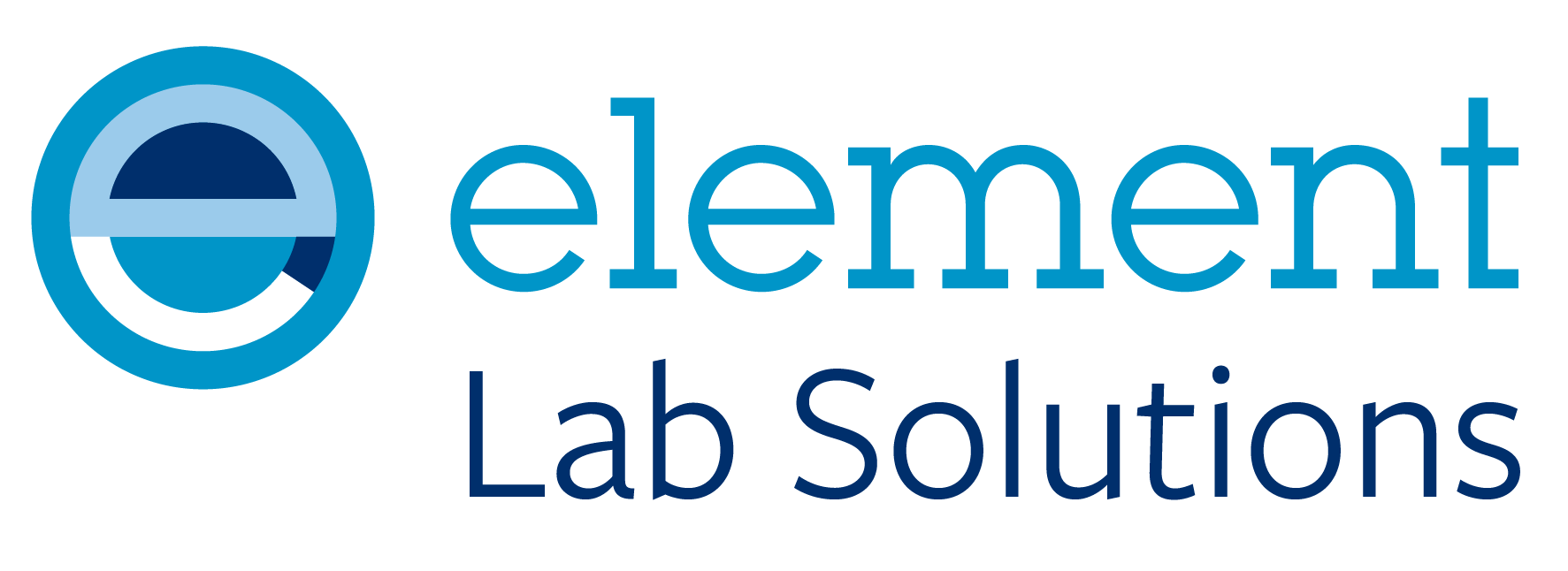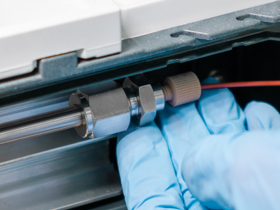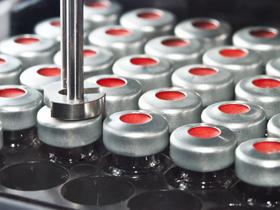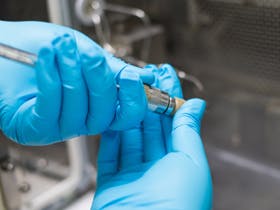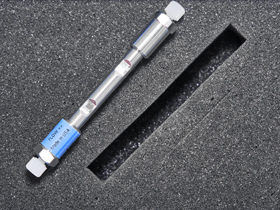UNDERSTANDING HPLC TRAINING COURSE
This course introduces the essential concepts of High-Performance Liquid Chromatography (HPLC) analysis. Topics include hardware fundamentals, modes of analysis, column chemistry, troubleshooting strategies, and critical mobile phase parameters such as solvent type and proportion, pH, buffer strength, and more.
Designed for participants with some hands-on HPLC experience, the training provides a deeper and broader understanding of the entire HPLC process. With a strong emphasis on practical, day-to-day applications, the course will help you build confidence, improve efficiency, and reduce errors—leading to greater self-sufficiency in HPLC practice.
UNDERSTANDING HPLC COURSE DETAILS
- Principles of chromatography and how this relates to HPLC
- Understanding of the chromatographic parameters
- Hardware overview – the function of each HPLC module
- The essential principles of mobile phases, buffers and eluent additives for HPLC
- HPLC column parameters and common stationary phases
We offer flexible delivery options for this instructor-led course:
- On-site: One day at your lab or location of your choice.
-
Online: Two half days.
View our online training calendar for upcoming dates.
Previous experience is not essential however delegates would benefit from a basic understanding of HPLC and some previous practical experience of HPLC.
-
The Chromatographic Process
- Overview of the reversed phase HPLC process
- Revision of polarity, solubility and diluents
- Introduction to chromatographic parameters, Capacity factor, Selectivity, Efficiency and Resolution
-
HPLC Mobile Phases and Additives
- Mobile phase preparation
- Organic modifiers
- Acids, bases pH control and buffering
- Ion pairing agents
-
HPLC Columns
- Column dimensions
- Silica based supports
- Bonded phases
- The van Deemter Equation
- Common reversed phase column chemistries
-
Introduction to Instrumentation
- The Pump
- The Autosampler
- Detectors – UV, RID, F, ELSD, CAD, ECD
-
Introduction to Other Modes of HPLC
- Reversed Phase
- Ion suppression and ion pair in RP
- Normal phase
- HILIC
- Size Exclusion
- Ion exchange
-
Data processing
- Peak integration
- Standards and calibration
- System suitability
